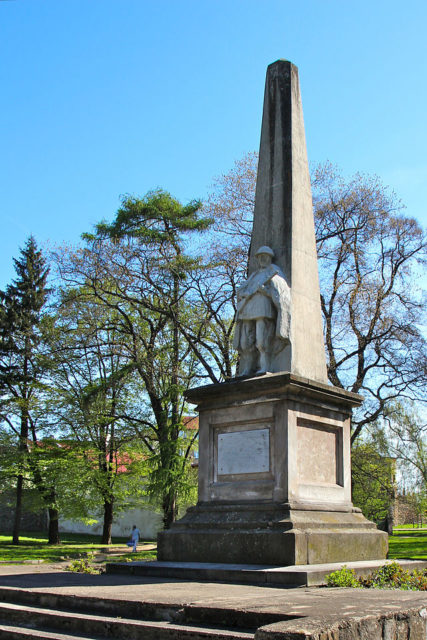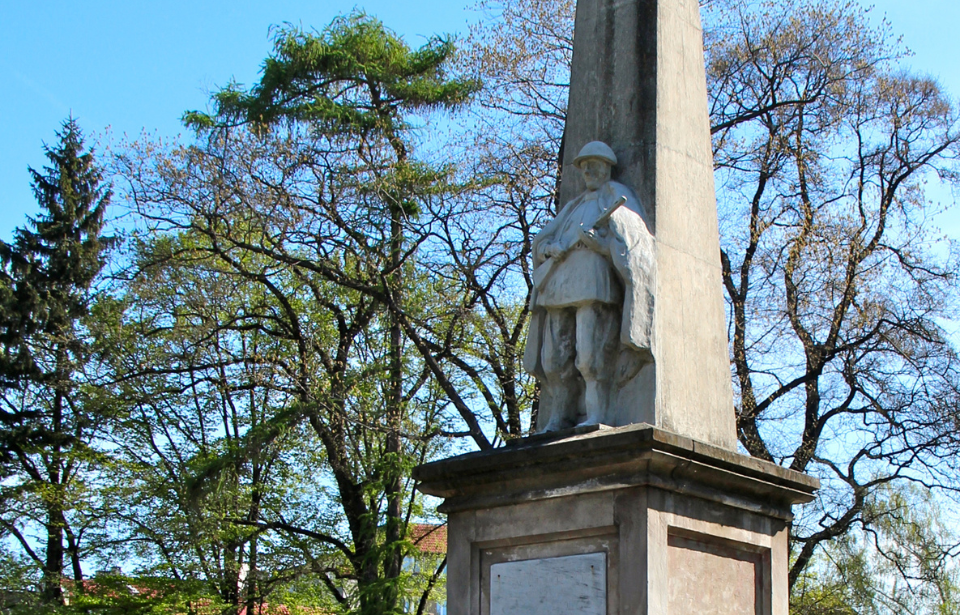Four Soviet-era monuments have been dismantled in Poland, in both condemnation of the ongoing Russian invasion of Ukraine and to remove symbols of the USSR’s power following the Second World War. The actions by the country’s Institute of National Remembrance has brought about a negative reaction from the Kremlin.

The statues, which date back to 1945, were removed by workers equipped with heavy machinery. When they were erected, they were intended to memorialize the Red Army soldiers who lost their lives fighting Germany during World War II.
The continued existence of the monuments and other Soviet-era memorials has been an issue of contention between Poland and Russia, with the former having taken a number of steps since the collapse of the USSR to remove symbols of the Kremlin’s power over the country and its population.
While Russia claims to have liberated Poland from the Germans, the majority of Poles feel the Red Army brought with it a new form of oppression. Germany invaded the country in September 1939, signalling the beginning of the Second World War. Russia followed suit just over two weeks later, with Poland subsequently being divided between both nations for the duration of the conflict.
Four more monuments to Soviet soldiers were demolished in Poland
"This is a symbol of the system that killed Polish workers, anti-communist activists and inspires the current Russian leaders responsible for the war in Ukraine," said head of the Institute of National Remembrance. pic.twitter.com/CMfdiLu6LB
— NEXTA (@nexta_tv) October 27, 2022
The monuments that were removed were in Glubczyce, Bobolice, Byczyna and in a wooded area near Staszów. Speaking at one of the removals, Karol Nawrocki, the head of the Institute of National Remembrance, discussed how the statues symbolize the oppression Eastern Bloc countries suffered while under the umbrella of the Soviet Union.
“This is a monument to disgrace, a monument of contempt of the winners over the victims,” he said. “In 1945, the Soviets did not bring liberation, they brought another captivity. They were capturing Poland and treating it as booty.”
Russian Press Secretary Dmitry Peskov condemned the statues’ removal, telling the media, “This is a lie, because so many citizens of the Soviet Union died liberating Poland. [It is] another attempt to fool the younger generation of Poles, feeding them lies and provoking hatred for Russians.”
Under Russian law, any person(s) can be prosecuted for the removal or damage of Soviet monuments, regardless of whether they are in Russia or another country. If convicted, the penalty can be up to three years in prison.

More from us: Over 500 UAVs Delivered to Ukraine Since Mark Hamill Began Work with ‘Army of Drones’
Poland has demolished a number of Soviet-era monuments since the Russian invasion of Ukraine began in February 2022. In March of this year, the decision was made to remove the 60 remaining statues and memorials that remained across the country.
Other Central and Eastern European countries have undertaken similar measures, including Latvia and Estonia.
